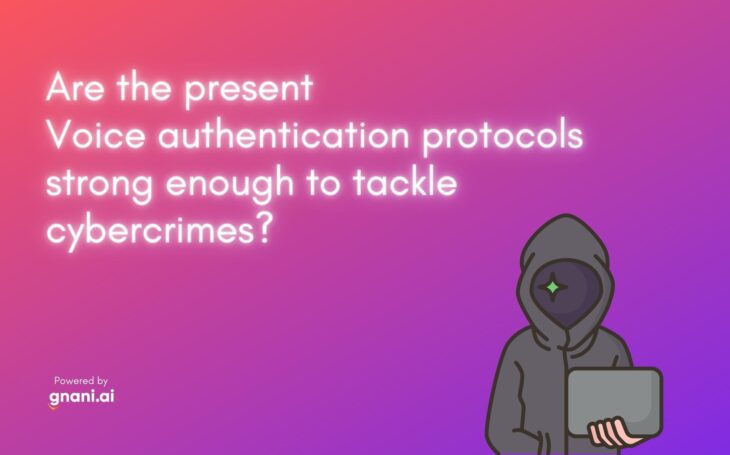
As the world gets more and more interconnected, the threat of cybercrime looms larger than ever. In recent years, we’ve seen a surge in attacks that exploit our digital dependencies, from data breaches to ransomware. And as we become increasingly reliant on technology, the opportunities for criminals to exploit our vulnerabilities grow.
One area that has come under increasing scrutiny in recent years is authentication. As we move away from traditional methods like passwords and PIN codes, newer methods like biometrics are becoming more popular. But are these newer authentication protocols strong enough to protect us from cybercrime?
There is no doubt that biometrics offer a higher level of security than passwords or PIN codes. After all, your fingerprint or iris scan can’t be guessed or stolen as a password can. But there have been some high-profile cases in recent years where biometric authentication has been bypassed.
In 2015, for example, the FBI was able to unlock the iPhone of the San Bernardino shooter using a fingerprint scanner. And just last year, researchers were able to fool facial recognition systems with 3D-printed masks.
So while biometrics are definitely more secure than traditional methods, they’re not perfect. And as criminals become more sophisticated, we need to be sure that our authentication protocols can keep up.
That’s why many experts are now turning to artificial intelligence (AI) for help. AI can be used to create “liveness detectors” that can tell if a biometric sample is coming from a live person or not. This can help to prevent criminals from using spoofed biometrics to bypass authentication systems.
AI can also be used to create “behavioural biometrics” that can identify users based on their behaviour. This could include things like the way they type, the way they move their mouse or even the way they walk. By analysing these behaviours, AI can create a unique profile for each user that is very difficult to replicate.
There are already some companies that are using AI-based authentication systems. Google, for example, is using behavioural biometrics to secure its Android devices. And Microsoft is using liveness detection to safeguard its Azure cloud platform.
As AI-based authentication systems become more widespread, we can expect to see a reduction in cybercrime. That’s because criminals will find it increasingly difficult to bypass these systems. And that’s good news for all of us who rely on technology to get through the day.
Do you think AI-based authentication is the way of the future? Let us know in the comments below!




